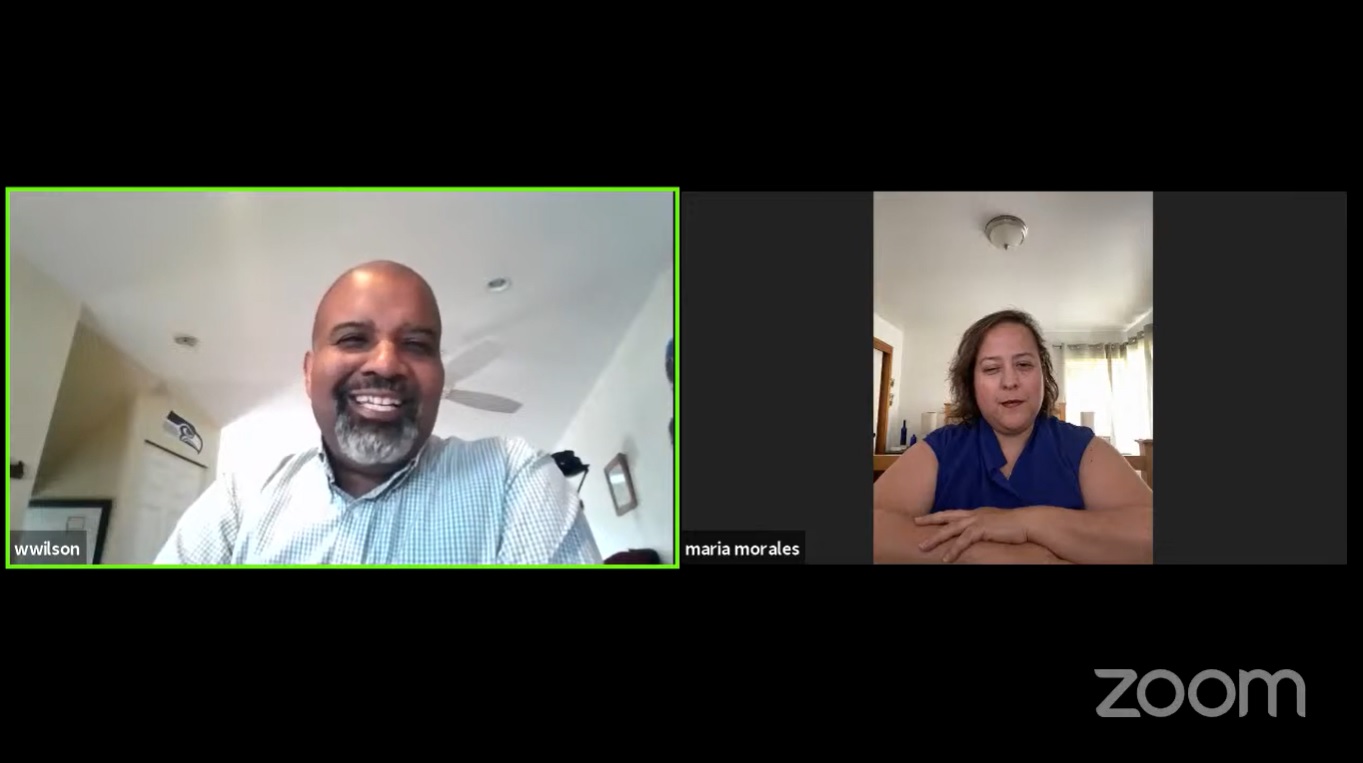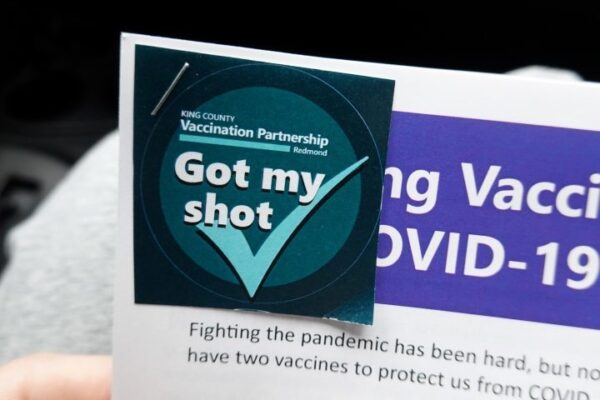Seattle’s Casa Latina Helps Latinx Immigrants Impacted by COVID-19
The COVID-19 pandemic has impacted people of color the hardest—economically and health-wise. People who were employed but scraping by suddenly found themselves struggling to keep their families housed and fed after businesses and employers were forced to cut back after the economy took a nosedive.
Casa Latina, a workers’ rights organization based in Seattle that helps the Latinx community move into economic prosperity through advocacy and education, has been “inundated with phone calls” from Latinx workers who have lost their incomes and homes due to the outbreak, according to Maria Morales, a homeless employment specialist with the agency.
“I went from getting maybe 10 people, maybe 20 people a week, to 20 to 40, maybe 60,” Morales said during the most recent United Way of King County livestream update on COVID-19, which was hosted by Wayne Wilson, impact manager at United Way.
Unemployment has impacted people of color the hardest. For Hispanics, it has reached 21%; for Blacks, it has climbed to 30%; Native Americans are looking at 32%; and Native Hawaiian/Pacific Islanders are facing 41%.
Data from King County reflects the toll that the pandemic has inflicted on communities of color. According to state data, unemployment for Hispanics has climbed up to 21%. But even that figure may not capture the depth of the economic crisis, due to language barriers and other obstacles, or they may not be filing for unemployment due to their legal status.
For Blacks and African Americans, the figure is even worse, 30%; and for Native Americans, it’s even bleaker—32%. But for Native Hawaiian/Pacific Islanders, it is a devastating 41%.
Many people of color are low-income workers who had jobs in the service industry, so they did not have the luxury of working from home like some white employees who work in professional or managerial jobs.
Morales said many workers in the Latinx community are too scared of being infected with the virus and are not working. However, others have weighed their options and have gone back to work, even if it risks their health.
“Necessity and the need to put food on the table, and the need to provide for their families, completely outweighs their fear,” Morales said. “Unfortunately, unlike us, they can’t work from home. They’re willing to take any risk they can in order to continue to provide for them.”
Work for the Homeless Population
Morales said it’s difficult for people who might be considered as experiencing homelessness to find a job. But it’s also a difficult situation for people who might already be employed but who are on the verge of losing their homes.
“I try to advocate for them, so they’re able to get a better job, rather than temporary employment,” she said.
Wilson said that United Way is preparing to launch a partnership with Housing Connector, which focuses on quickly finding housing for people who are employed.
“It’s important for people to be able to obtain housing as fast as possible,” Wilson said. “That’s one of our goals.”
Finding Hope
Morales and Wilson said they remain hopeful, even as the economic situation seems bleak.
“While it’s difficult for Casa Latina to be able to help people, we remain optimistic,” said Morales. “I’m looking forward to people coming together and continuing to be aware of the homeless community.”
“I’m hopeful about what might happen tomorrow. Hopeful for a vaccine; hopeful for how people are going back to work,” Wilson said.





Comments